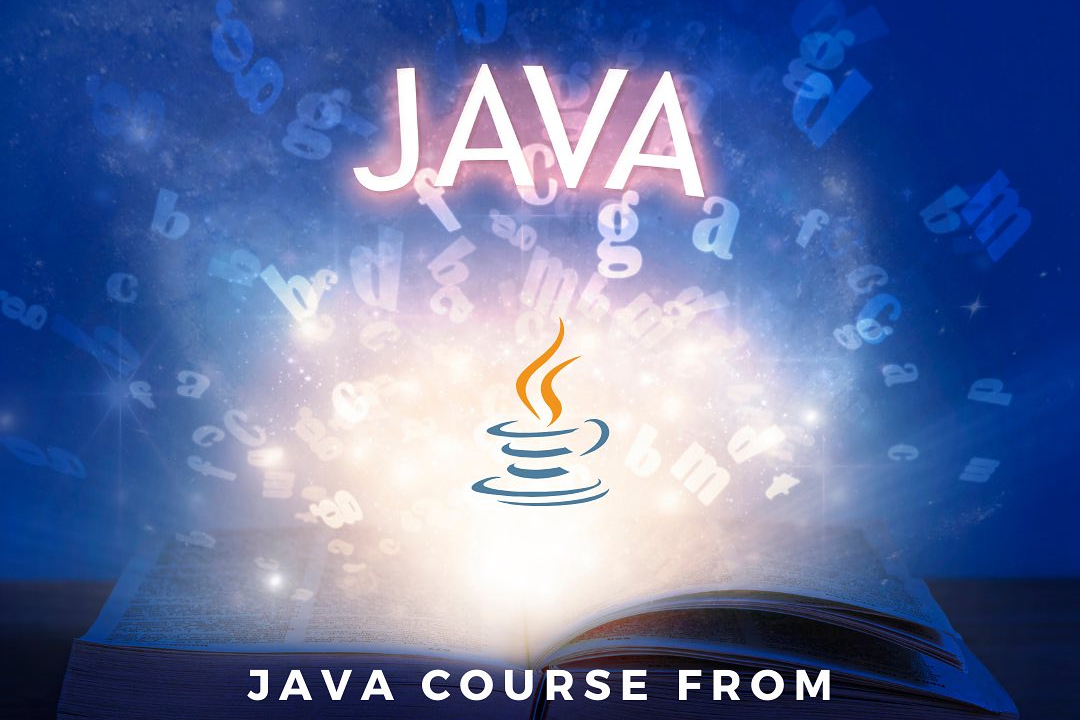Java Setter Injection
Understanding Java Setter Injection: A Guide to Dependency Management
Java Setter Injection
Java Setter Injection is a design pattern used in Dependency Injection (DI), where an object's dependencies are provided to it through setter methods rather than through its constructor. In this approach, a class defines one or more setter methods for its dependencies, allowing an external entity (such as a Spring container or a DI framework) to inject the required dependencies at runtime after the object has been instantiated. This approach offers greater flexibility, as it allows for the modification of dependencies without changing the class constructor, and it enables optional dependency injection. Moreover, setter injection can facilitate the reconfiguration of a component's dependencies without needing to instantiate a new object each time, allowing for easier testing and maintenance of the code.
To Download Our Brochure: https://www.justacademy.co/download-brochure-for-free
Message us for more information: +91 9987184296
1 - Definition: Setter Injection is a design pattern used in Java, primarily in Dependency Injection (DI) frameworks, where the dependencies of a class are provided through setter methods.
2) Dependency Injection: This is a software design pattern that allows the removal of hard coded dependencies and makes it possible to change them at runtime. Setter Injection is one way to implement this pattern.
3) Loose Coupling: By using Setter Injection, classes can be more loosely coupled. This means that classes are not tightly bound to specific implementations, making them easier to change and test.
4) Setters as Accessors: In Setter Injection, dependencies are typically provided using public setter methods in the dependent class that allow for modification of the class properties after the object has been created.
5) Configuration Flexibility: Setter Injection allows for greater flexibility in configuring dependencies, as they can be changed at any time before or after an object is instantiated.
6) Enhancement of Testability: By allowing dependencies to be injected through setters, unit testing becomes easier. Mock objects can be injected, allowing for better control over the test environment.
7) Initialization Control: With Setter Injection, the combination of the constructor and setter methods allows for more fine grained control over how an object is initialized and the order in which dependencies are provided.
8) Multiple Dependencies Handling: It enables the injection of multiple dependencies one at a time using their respective setter methods, which can simplify the initialization process for objects with several dependencies.
9) Required/Optional Dependencies: Developers can choose to make certain dependencies mandatory while leaving others optional, improving the design and usability of the class.
10) Framework Support: Many DI frameworks, such as Spring, support Setter Injection as a standard practice, allowing for easier management of bean lifecycle and configuration.
11) Validation: It is possible to validate dependencies before they are set using the setters, which can help ensure that only valid states are maintained in your application.
12) Encapsulation Benefits: Setter methods allow encapsulation of the internal state of a class, providing a controlled way to modify its data without exposing direct access.
13) Avoiding Constructor Overloading: In cases where many dependencies need to be passed to a class, Setter Injection avoids the complexity of constructor overloading with many parameters.
14) Potential Downsides: While Setter Injection offers many benefits, it also has some downsides, such as the risk of creating partially initialized objects if not all setters are called.
15) Best Practices: It’s best to use Setter Injection for optional dependencies while constructor injection is often preferred for mandatory dependencies, leading to a balanced approach in DI.
This structure can serve as a foundation for training sessions on Setter Injection in Java, giving students a comprehensive understanding of the concept and its practical implications.
Browse our course links : https://www.justacademy.co/all-courses
To Join our FREE DEMO Session: Click Here
Contact Us for more info:
pmp certification course in chennai
Java Annotations
power bi training in hyderabad
Java Full Stack Developer Course
java course syllabus











